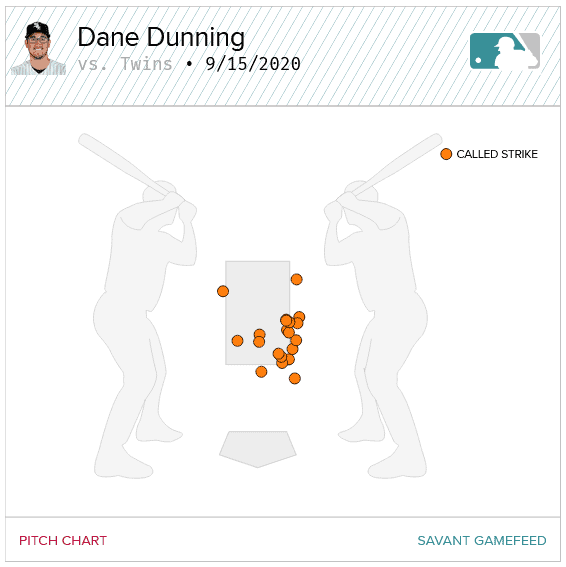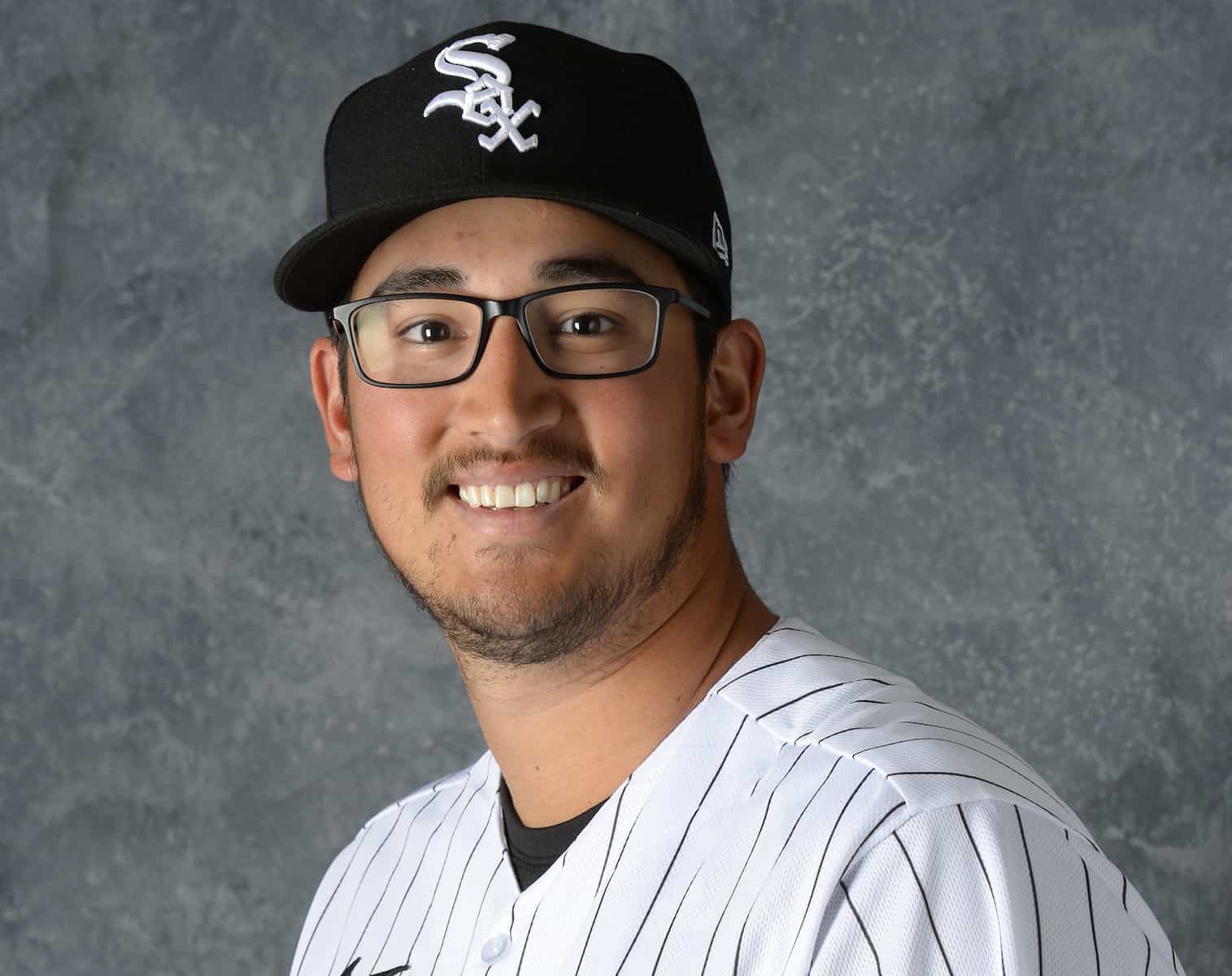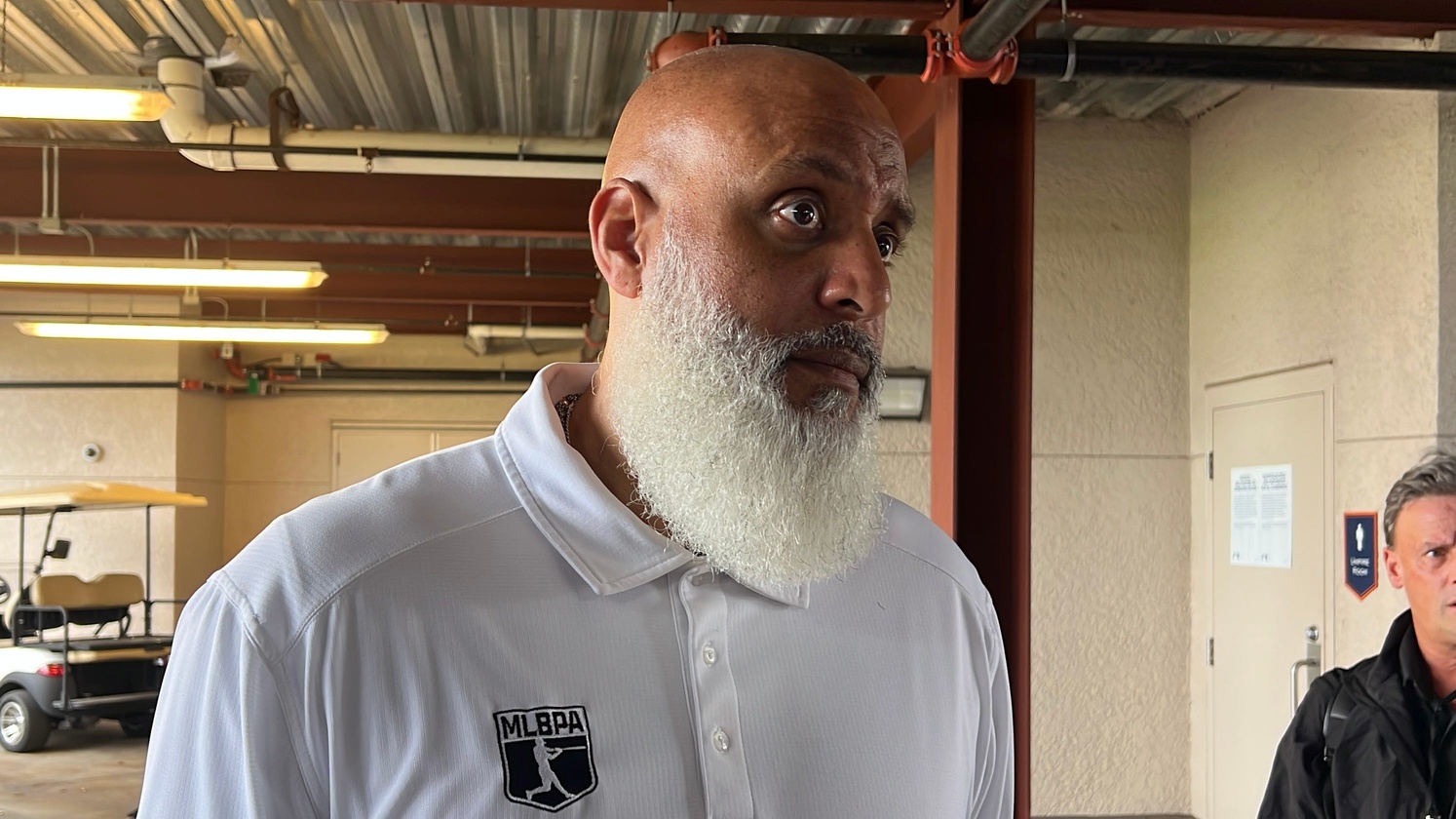If you want to protect yourself from overexuberance, you can pick apart Dane Dunning's succesesful seven innings against the Twins and see ways it might go worse next time. He gave up some lineouts early, his effort to introduce the slider his second time through almost derailed him, the changeup wasn't much of a pitch, and Will Little's strike zone was enormous. Look at all these called strikes!

But when you look at each of those potential nits, none of those are specific to young pitchers. These are just general pitcher things. The firm contact gave way to less threatening batted balls over the course of the evening. Lucas Giolito also wobbled with his early attempts to establish his slider against Detroit his last time out, and it caught up to him. Maybe the strike zone was huge, but James McCann kept getting those calls, so he kept setting up there.
When I think of shortcomings, flaws or fault lines characteristic of inexperience, I’d say that shows up in tiring quickly, not controlling the running game, nibbling oneself to death, etc. Dunning only looked at risk of the first one when his slider lacked sharpness halfway through, but that turned out to be more of a mechanical wrinkle to iron out than any issue with fatigue. It wasn't a great pitch at any point on Tuesday, but it was at least enough of a threat to let his two-seamer do the heaviest lifting without collapsing.
Renteria wants to believe in Dunning as much as you do, because he used the three-run cushion to let Dunning pitch a seventh inning, not even pulling him at the first sign of trouble. His faith was rewarded, as Dunning worked around a one-out HBP to finish the frame on 102 pitches. The pitch count wasn't lost on him.
“That’s the first time I’ve been 100 pitches in probably two years,” said Dunning, who was permitted to throw 102 pitches after post-Tommy John pitch count restrictions controlled his previous outings. “I definitely feel as the game goes on, everything kind of syncs up a little more and more. Especially just because I was able to get quick outs early on, that way later in the game, I was still low on pitch count.”
The White Sox need somebody to believe in behind Lucas Giolito and Dallas Keuchel, provided everybody believes enough in Dallas Keuchel’s back. Major League Baseball released its postseason format, and with teams playing at neutral sites in a bubble-type environment, there are no travel days, and hence no off days.
If the White Sox can hold onto one of the top four spots, they’ll play the best-of-three Wild Card round at Guaranteed Rate Field. Should they advance they’ll head to California to play at either Dodger Stadium at Petco Park for the best-of-five ALDS. San Diego hosts the ALCS, and the World Series will be played at new Globe Life Field in Arlington.
With no need to travel, the teams with four starters are in better position to thrive. However, a team first needs to get past the round that only requires three starters, so while "Dunning or Cease?" will be a short-lived question as long as the White Sox aren't short-lived themselves, they'll need to have an answer should they find themselves staring down the barrel after two games at any point.
Dunning is that guy at this point, although James Fegan laid out the way Cease works himself back into the conversation. The thinking to me is pretty simple: If Cease gets knocked out in the third inning of an elimination game, you know how it happened. With Dunning, it requires more imagination.
That's a unique position for a pitcher like a post-surgery Dunning to find himself in, considering he's cemented himself in the rotation of a first-place team without even the benefits of a minor-league tune-up. It shouldn't have been this smooth, which is why it's logical to guard yourself against regression. I'm also of the mindset that you don't respond to the threat of regression until you see some stable signs of it. Some guys just find ways to avoid that real reckoning, and it's not like the White Sox are rich in other options. He's got two starts to see if anything changes, but here's one case where staying the course is preferred.
* * * * * * * * *
As for that postseason format, I actually like the lack of off days during the series. I’ve said before that I prefer when a team’s depth is rewarded, rather than something that doesn’t get a chance to play up. It’s not just that managers will have to roll out four starters, but they also can’t ride the same bullpen arms over and over again. This could benefit a team like the White Sox, who have had to mix and match for later innings since Aaron Bummer went down.
As for the rotation, it might be hard to watch Cease, but most teams have trouble fielding more than three healthy, effective starters right now.
The lack of travel days minimizes the time needed to operate under bubble-ish protocols. Players have to stay in hotels unless they're heading to the ballpark, and family members who join them also have to adhere to quarantining.
Teams are required to submit by Sept. 20 their postseason eligible players, including a 28-man active roster and a 12-man taxi squad, all who are required to follow the health protocols along with their families. Players’ family members who want to join them at their bubble hotels during the postseason also will be required to undergo a seven-day quarantine.
The rules are strict, prohibiting players and family members from congregating in any indoor area of the hotel (bars and restaurants) and traveling only on team charters or private planes.
The only exception for any player to quarantine at his residence instead of the hotel is if the player lives by himself, is living with a pregnant spouse/partner or one that has special medical needs, or have currently lived with their children for a significant portion of the season.
This sounds strict, but the NHL and NBA have had success with their setups, and it makes sense for everybody to hunker down for a month to finish a season that had been threatened at a couple of points. This plan is probably as good as it's going to get.
There are two things I don't like, and they're both coming from Rob Manfred.
First of all, he's hoping that the later rounds will be able to accommodate a limited number of fans. Puncturing the bubble for general fans/wealthy people at a neutral-site venue seems not worth it, unless this is the only way Fox can get to disperse sitcom stars for its cameras to find in the stands during the World Series, and maybe they pay extra for that.
Also, it sounds like the 16-team format isn't going to be a one-year thing.
Manfred also said the expanded, 16-team postseason is likely to remain beyond 2020, adding that “an overwhelming majority” of owners had already endorsed the concept before the pandemic.
“I think there’s a lot to commend it,” he said, “and it is one of those changes I hope will become a permanent part of our landscape.”
This is going to change baseball as we know it, as it'll diminish the importance of the regular season to join the other sports in being entirely oriented for a postseason tournament. It's a format that works well for other leagues, except because baseball is a sport that has limited control of how many times the best players get to affect events, it takes much longer than three, five or seven games to determine the better team. One study found that Major League Baseball would need to play best-of-75 series in order to ensure the better team advances 80 percent of the time.
We've seen what this means in our introduction to the format this season -- once you secure a .500 record, the stakes diminish dramatically, especially for teams that have been there before. Maybe home field advantage becomes a bigger deal once fans return, but the most recent World Series watched the road team go 7-0, so there's another case where other it's unlike other sports.
This would remove the incentives for scorched-earth rebuilding like the White Sox did, which would help a fair number of markets. However, MLB could've tried making sell-offs less appealing by detaching draft order from the strict reverse-standings arrangement. On the other end, it reduces the need to improve a team beyond 83 wins, and it invites load management and lesser workloads for the stars once the standings become apparent. It's a way for the league to encourage some spending, but not too much.
I can see this bolstering season-ticket sales, if only because it'll give people priority for postseason tickets, which will be the games that really matter. I'm not sure what this will do for general interest -- measured in TV ratings and attendance -- especially since there's plenty else to do in the summer if series in June or July can no longer be considered "crucial."
As somebody who enjoys regular-season ball more than the postseason version, these changes diminish what makes baseball special for me, which is the quality of a team getting tested by the most grueling schedule in sports. The best team doesn't always win the World Series, but the number of games a team needs to win to even make the postseason makes just about every champion a worthy one. There's a lot riding on Manfred and the league being correct, because once the postseason expands, it's impossible to shrink it.






